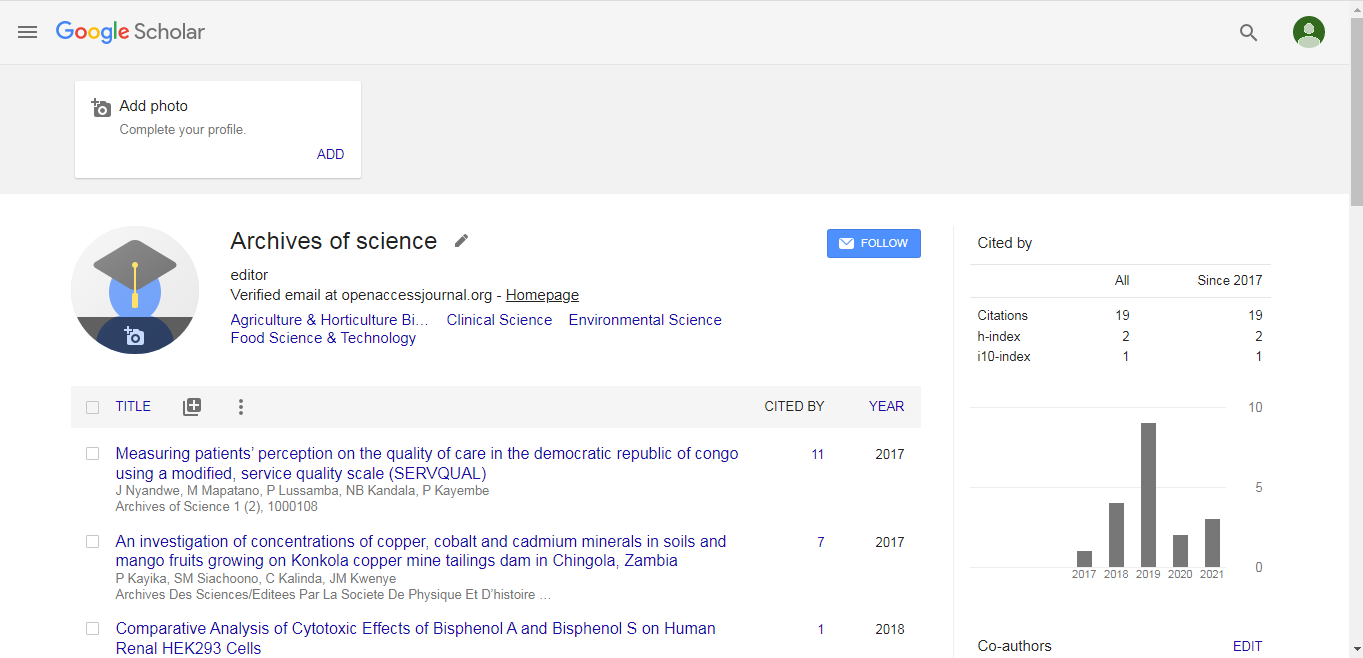Review Article
EGFR Transactivation is Regulated by Neurotensin Receptors in Cancer
Moody TW*Department of Health and Human Services, National Cancer Institute, Center for Cancer Research, Bethesda, MD, USA
- Corresponding Author:
- Terry W Moody, PhD
Department of Health and Human Services
National Cancer Institute, Center for Cancer Research
9609 Medical Center Doctor, Rm. 2W340
Bethesda, MD 20892, USA
Tel: +240-276-7785
E-mail: moodyt@mail.nih.gov
Received Date: March 07, 2017; Accepted Date: March 17, 2017; Published Date: March 18, 2017
Citation: Moody TW (2017) EGFR Transactivation is Regulated by Neurotensin Receptors in Cancer. Arch Sci 1:105.
Copyright: © 2017 Moody TW. This is an open-access article distributed under the terms of the Creative Commons Attribution License, which permits unrestricted use, distribution, and reproduction in any medium, provided the original author and source are credited.
Abstract
The epidermal growth factor receptor (EGFR) is a receptor tyrosine kinase (RTK) which regulates the proliferation of cancer cells especially non-small cell lung cancer (NSCLC). NSCLC growth is inhibited by EGFR tyrosine kinase inhibitors (TKI) such as erlotinib or gefitinib. Gefitinib is used to treat NSCLC patients who have EGFR mutations. EGFR tyrosine phosphorylation is regulated by G protein-coupled receptors (GPCR) such as the neurotensin (NTS) receptor. EGFR transactivation caused by NTS addition to NSCLC cells is inhibited by SR48692 (NTSR1 antagonist) or gefitinib. SR48692 and gefitinib are synergistic at inhibiting NSCLC proliferation. The results indicate that GPCR antagonists can potentiate the effects of TKI in cancer.

 Spanish
Spanish  Chinese
Chinese  Russian
Russian  German
German  French
French  Japanese
Japanese  Portuguese
Portuguese  Hindi
Hindi 